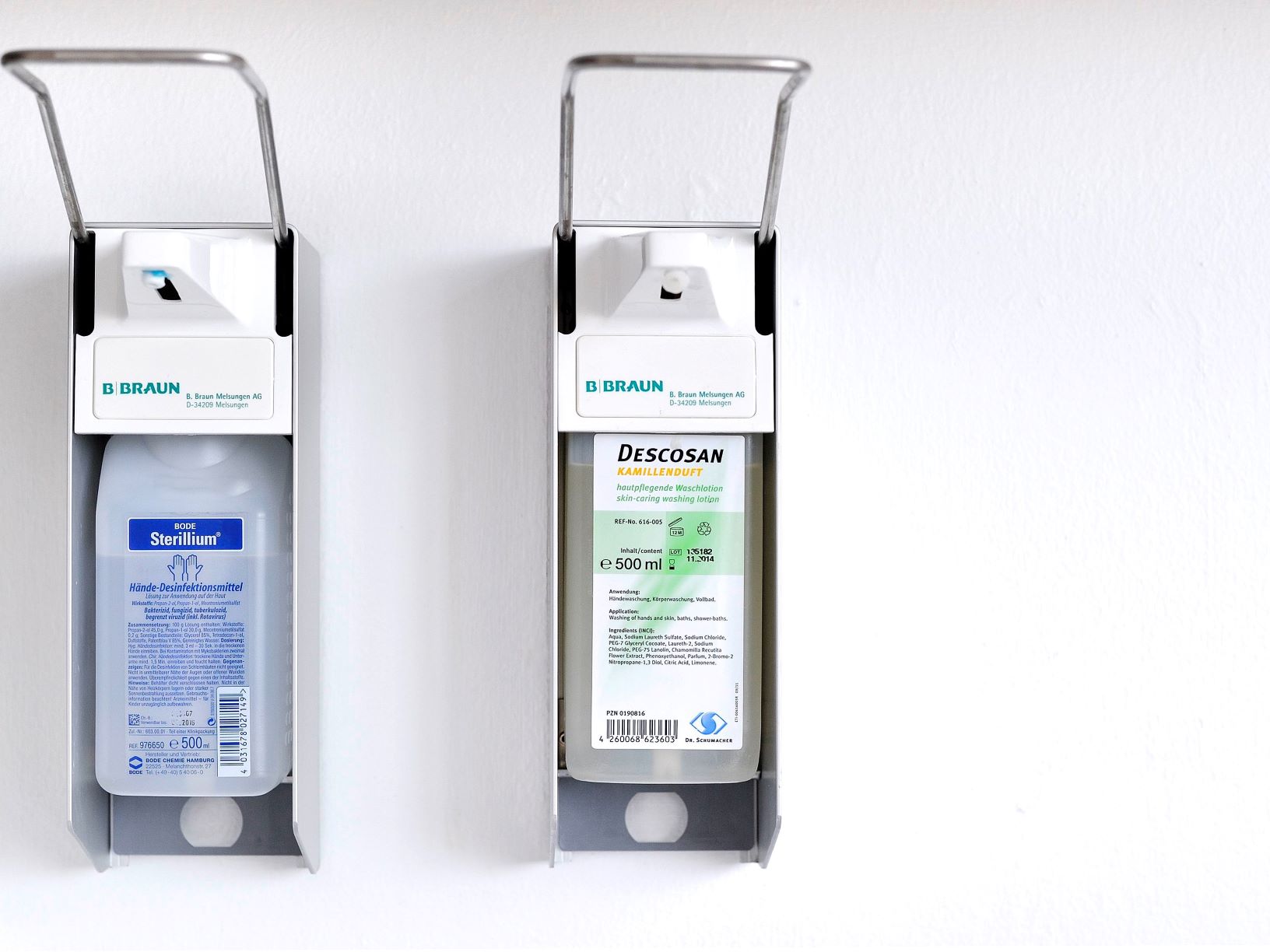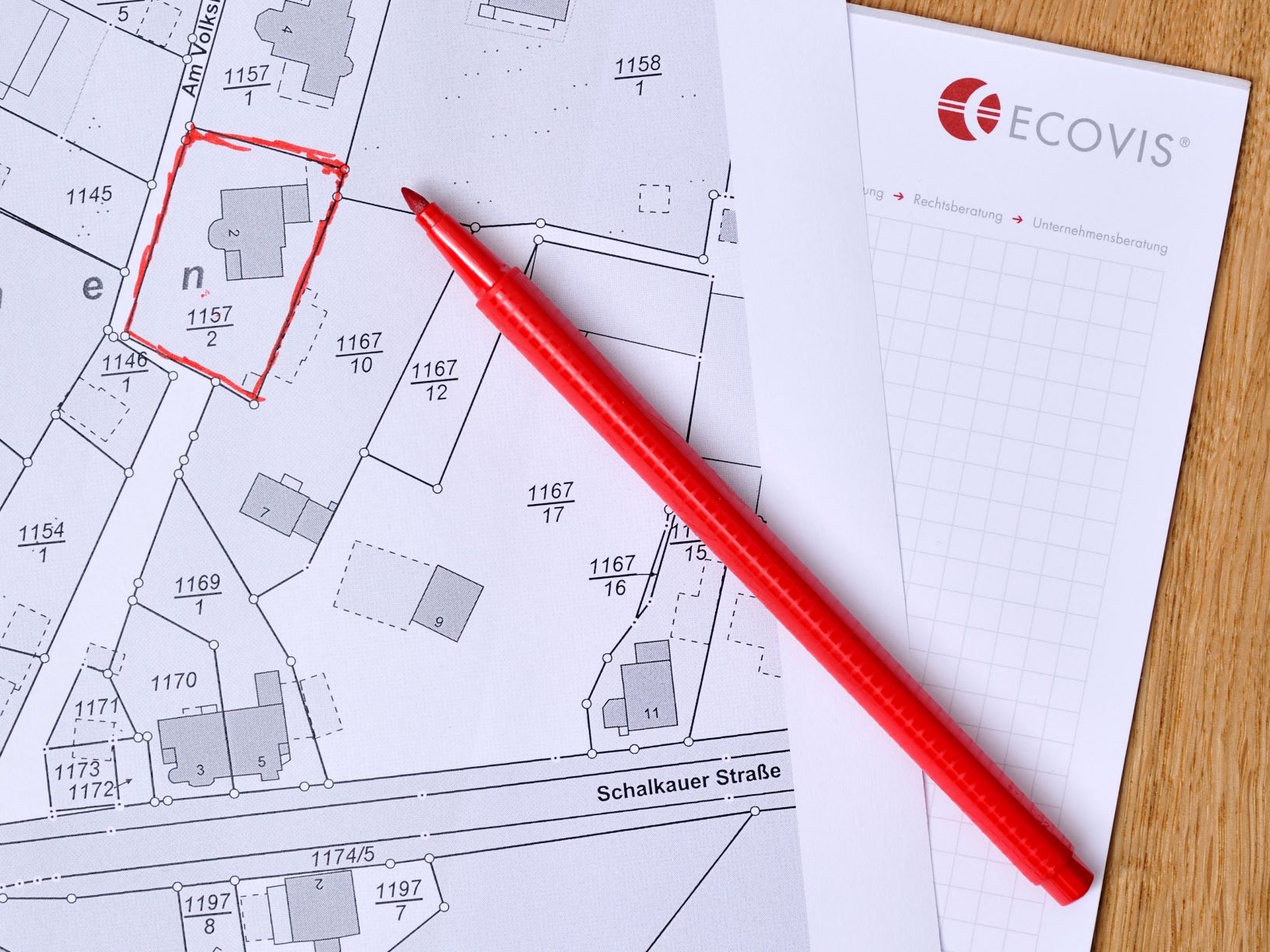Duties and Responsibilities of Statutory Board Members of Czech Limited Liability Company or Czech Joint-Stock Company in insolvency and bankruptcy position in Czech Republic
General duties of board members of Czech companies
In this tough time it is more than important to be careful about fulfillment of all mandatory duties as an executive director or board member of a Czech company.
The fundamental rights and obligations of the Executive Director in a Czech limited liability company (“Executive Director”) or the board member of a Czech joint-stock company ("Board Member") and the related responsibilities under private law are regulated primarily by Czech Act No. 90/2012 Coll., the Business Corporations Act, as amended (the “Czech Business Corporations Act”) and by Czech Act No. 89/2012 Coll., the Civil Code, as amended (the “Czech Civil Code”). Certain additional issues related to the performance as an Executive Director are further governed by special laws, in particular, by Act No. 182/2006 Coll. (the “Czech Insolvency Act”) and Czech Act No. 140/1961 Coll., the Criminal Code, as amended (the “Czech Criminal Code”). Issues regarding human resources are further governed by Czech Act No. 262/2006 Coll., the Czech Labour Code as amended (the “Czech Labor Code”).
Please note that the Memorandum of Association of a limited ilability company or articles of association of Czech joint-stock company (the “Memorandum of Association”) can regulate the scope of powers, operation and duties of the Executive Director differently, or in a greater detail. Please note that the Memorandum of Association can regulate the scope of powers, operation and duties of the Executive Director differently, or in a greater detail.
You can find more information about the general duties and liability of a board member of Czech joint-stock company or managing director of Czech limited liability company in our article Duties and Responsibilities of Board Members under the Czech Law.
Czech company in case of insolvency or bankruptcy situation and general duties and limitations of board members
Pursuant to Section 98 of the Insolvency Act, the Executive Director/Board Member, as the statutory body of the Czech company, must file a petition with the court for declaration of bankruptcy over the Company’s assets, immediately upon learning that the Czech company has become bankrupt (i.e., if the Czech company is overindebted or insolvent within the meaning of the relevant provisions of the Insolvency Act).
If the Executive Director breaches its obligation to file the bankruptcy petition, the Executive Directors/Board Members are jointly and severally liable for any damage caused to the creditors of the Czech company, unless they can prove that the damage was caused for no fault of theirs. In this respect, the Executive Director/Board Member may also be criminally liable.
Czech Insolvency Law test for declaration of insolvency/bankruptcy
The Czech insolvency regime is governed by the Czech Insolvency Act that provides two fundamental methods to resolve a potential insolvency of the Company. These are: (i) bankruptcy with liquidation of an insolvent debtor; and (ii) reorganization of an insolvent debtor.
Tests of Insolvency under Czech Insolvency Law
It should be noted that the Czech Insolvency Act does not recognize the insolvency of a group of companies and the insolvency criteria under the Czech Insolvency Act are therefore not tested against the consolidated group of companies on the basis of consolidated accounts.
Only if the Czech company is insolvent, it may be subject to an insolvency proceeding . To be declared insolvent by an insolvency court, the Czech company would need to meet one of the two applicable insolvency tests under the Czech Insolvency Act – the liquidity test or the balance sheet test.
Balance Sheet Test under Czech Insolvency Law
The Czech company will be considered insolvent if it has
(i) at least two creditors and, simultaneously,
(ii) the aggregate amount of its account debts (regardless of whether due or undue) exceeds the value of its assets (taking into account any prospective income from its future operations).
Note that since there is no guidance how to calculate the value of a debtor’s assets, in some cases it may be rather difficult to determine whether the debtor meets the balance sheet criteria and the views of a debtor and its creditors may vary.
Liquidity Test under Czech Insolvency Law
Under the liquidity test, the Czech company will be considered insolvent if all three criteria are met:
(i) it has two or more creditors;
(ii) it has debts that are over thirty (30) days overdue; and
(iii) it is not able to pay such debts.
The Czech Insolvency Act sets forth an assumption that the Czech company is unable to pay its debts if that the Company has suspended a substantial part of its payments, or has not been paying its debts for at least three months, or it is not possible to satisfy creditors’ claims by an execution, or it failed to present an inventory of its assets if so requested by an insolvency court.
Consequences of Insolvency of a Czech Company under Czech Insolvency Law
In general, provided that the Czech company meets the insolvency tests, the following consequences as provided for by the applicable legal regulation would arise:
(i) the Company, as well as its Executive Director, has a statutory obligation under the Czech Insolvency Act to file a petition for insolvency without undue delay after it becomes aware of its insolvency; failure to file a petition for insolvency may result in the civil liability of such entity and/or its Executive Director vis-à-vis its creditors ;
(ii) any creditor of the Czech company is entitled to file a petition for insolvency in respect of the Czech company which they consider to be insolvent.
Various consequences of Insolvency under Czech Insolvency Law
The Czech Insolvency Law provides for various consequences of declaration of insolvency of a Czech company.
Voidability of Czech company’s acts under Czech Insolvency Law
Under the Czech Insolvency Act, legal acts performed by the Czech company vis-à-vis their respective creditors during a specific time period may be voidable and ineffective (in Czech: neúčinné) (e.g. any repayment by the Company of its debt under the finance documents that would be found voidable and ineffective would have to be returned by the Creditors to the insolvency estate of the Company). The period within which the acts are vulnerable to voidability claims in the insolvency proceedings is generally 3 years prior to the commencement of the insolvency proceedings where the act was concluded in relation to a close person (in Czech: osoba blizká) or to an affiliate of the Company. Where the act was concluded with an independent third party (including the shareholders), the applicable period is 1 year. The insolvency trustee may challenge (and has to, if so instructed by the creditors’ committee) specific legal act and claim its ineffectiveness due to e.g. inadequate consideration provided in relation to the relevant act, the act being preferential in relation to other creditors or due to the intentional deprivation of the creditors’ right to satisfaction of their claims.
It should be noted that any security established for the benefit of the Czech company during 1 year period prior to commencement of the insolvency proceeding may be challenged by a trustee. This holds subject to a number of additional legal preconditions and we believe that there are good arguments supporting and to defend the creditors’ position in that claim.
Set-off in Insolvency under Czech Insolvency Law
The Czech Insolvency Act does not prohibit the creditors from exercising their rights to set-off until the insolvency of the Company is declared by an insolvency court (i.e. in the period from filing a petition for insolvency to a declaration of insolvency by the relevant insolvency court).
After the declaration of insolvency, set-off is only possible subject to the following conditions: (a) the conditions for set-off were met before the insolvency was declared and a claim (to be subject of a set off) was duly submitted in the insolvency proceeding, or (b) the claim was not declared by ineffective legal act, or (c) the creditor did not know of the Czech company’s insolvency when acquiring the receivable, or (d) the creditor is not in arrears with payment of the amount exceeding the set-off.
For more information, contact us at:
JUDr. Mojmír Ježek, Ph.D.
ECOVIS ježek, advokátní kancelář s.r.o.
Betlémské nám. 6
110 00 Praha 1
e-mail: mojmir.jezek@ecovislegal.cz
www.ecovislegal.cz
About ECOVIS ježek advokátní kancelář s.r.o.
The Czech law office in Prague ECOVIS ježek practices mainly in the area of Czech commercial law, Czech real estate law, representation at Czech courts, administrative bodies and arbitration courts, as well as Czech finance and banking law, and provides full-fledged advice in all areas, making it a suitable alternative for clients of international law offices. The international dimension of the Czech legal services provided is ensured through past experience and through co-operation with leading legal offices in most European countries, the US, and other jurisdictions. The Czech lawyers of the ECOVIS ježek team have many years of experience from leading international law offices and tax companies, in providing legal advice to multinational corporations, large Czech companies, but also to medium-sized companies and individual clients. For more information, go to www.ecovislegal.cz/en.
The information contained on this website is a legal advertisement. Do not consider anything on this website as legal advice and nothing on this website is an advocate-client relationship. Before discussing anything about what you read on these pages, arrange a legal consultation with us. Past results are not a guarantee of future results, and previous results do not indicate or predict future results. Each case is different and must be judged according to its own circumstances.













